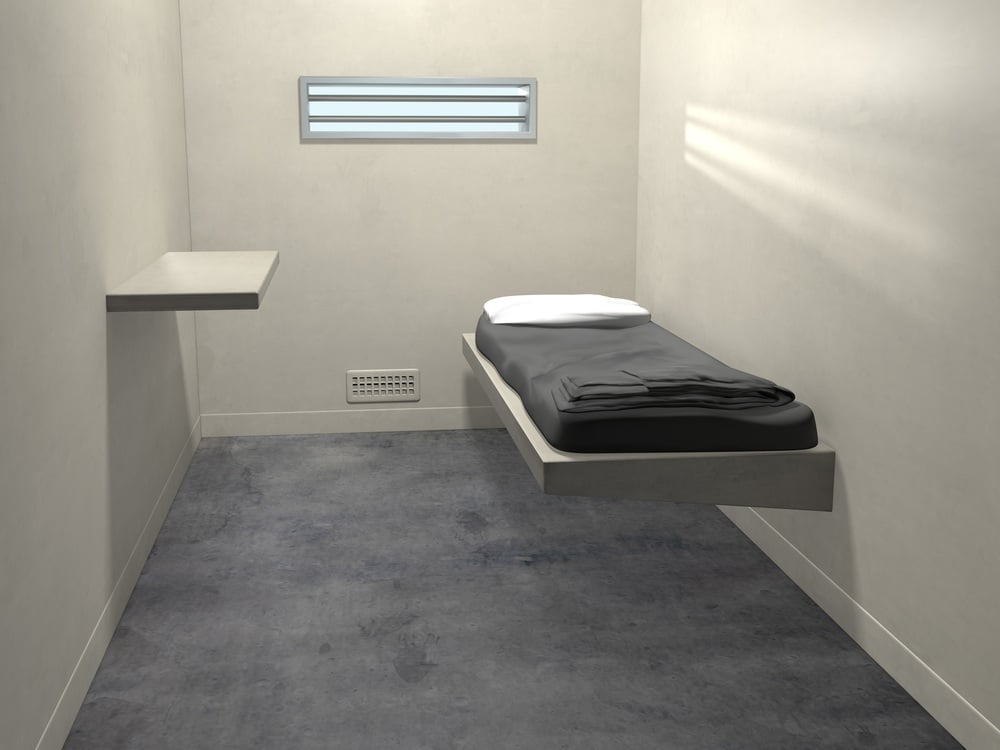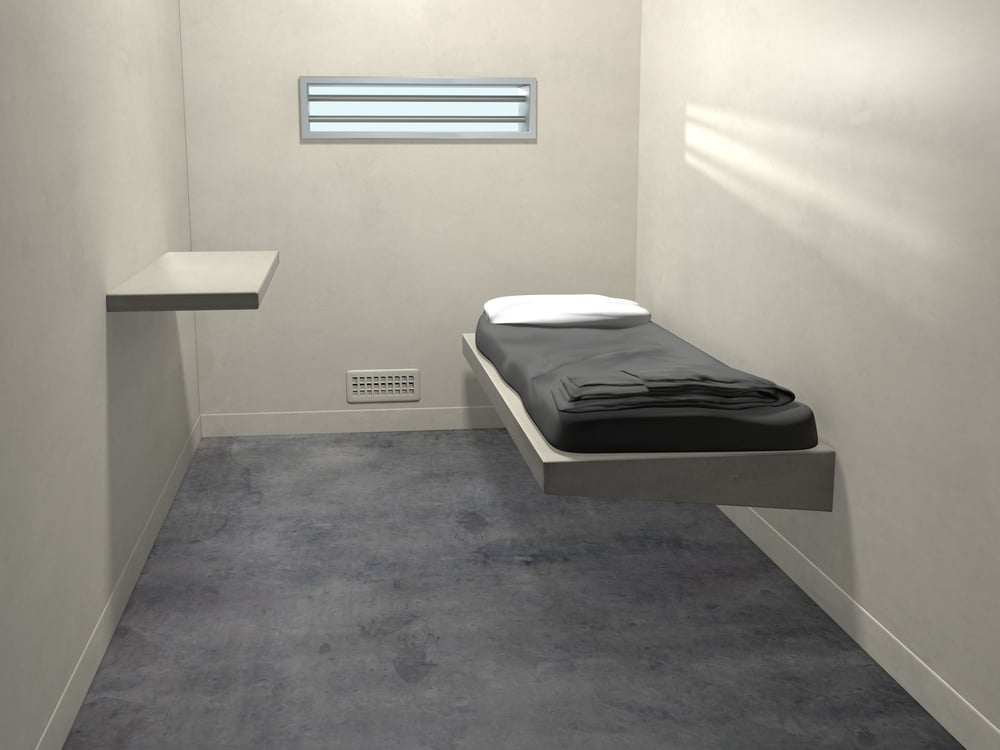
Torture comes in many forms. In comes in the form of waterboarding, in which an individual is made to believe he will drown. It comes in the form of pain-inducing, humiliating, and disfiguring treatment. Torture can also take the form of solitary confinement, the widespread use of which in American prisons has spilled over into use on so-called unlawful enemy combatants in wars overseas.
The Guardian published on Monday an editorial by United States military whistle-blower Chelsea Manning, who is in military prison on a 35-year sentence for exposing US government secrets. Manning’s editorial details the devastating roughly nine months of solitary confinement he experienced during incarceration prior to court-martial. Manning, in the editorial, terms such treatment “’no touch’ torture.”
It is heartbreaking to read Manning relate the isolation and restrictions on movement that came with solitary confinement. And Manning’s treatment is far from unique. Manning writes:
Unfortunately, conditions similar to the ones I experienced in 2010-11 are hardly unusual for the estimated 80,000 to 100,000 inmates held in these conditions across the US every day.
Read Manning’s complete editorial here.

